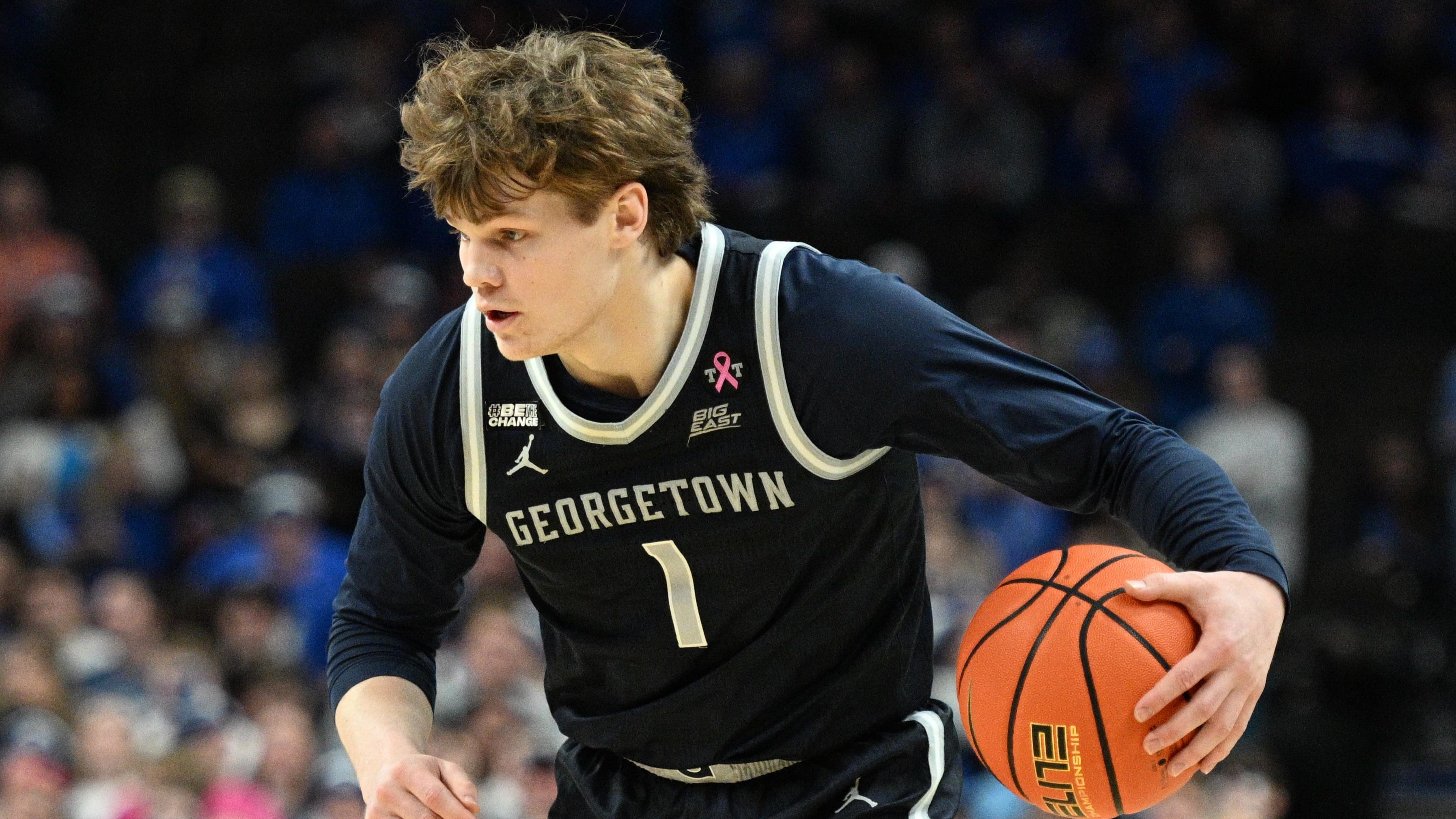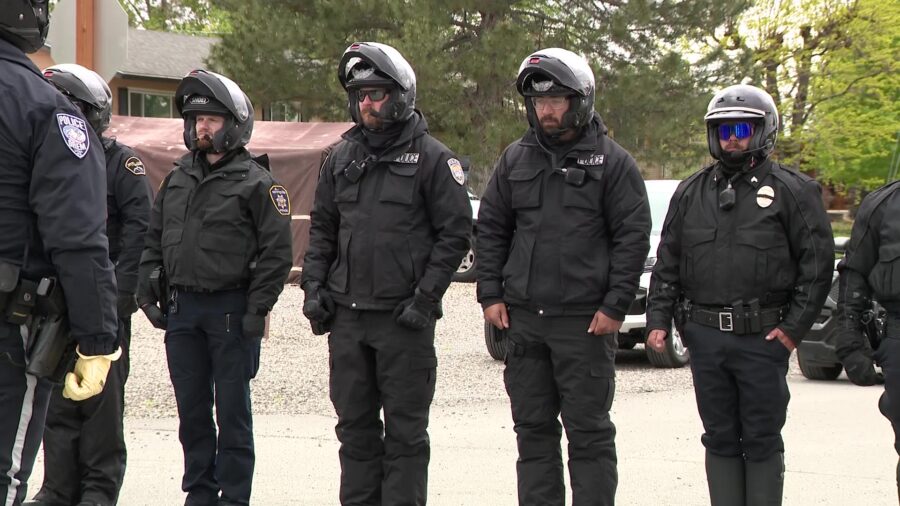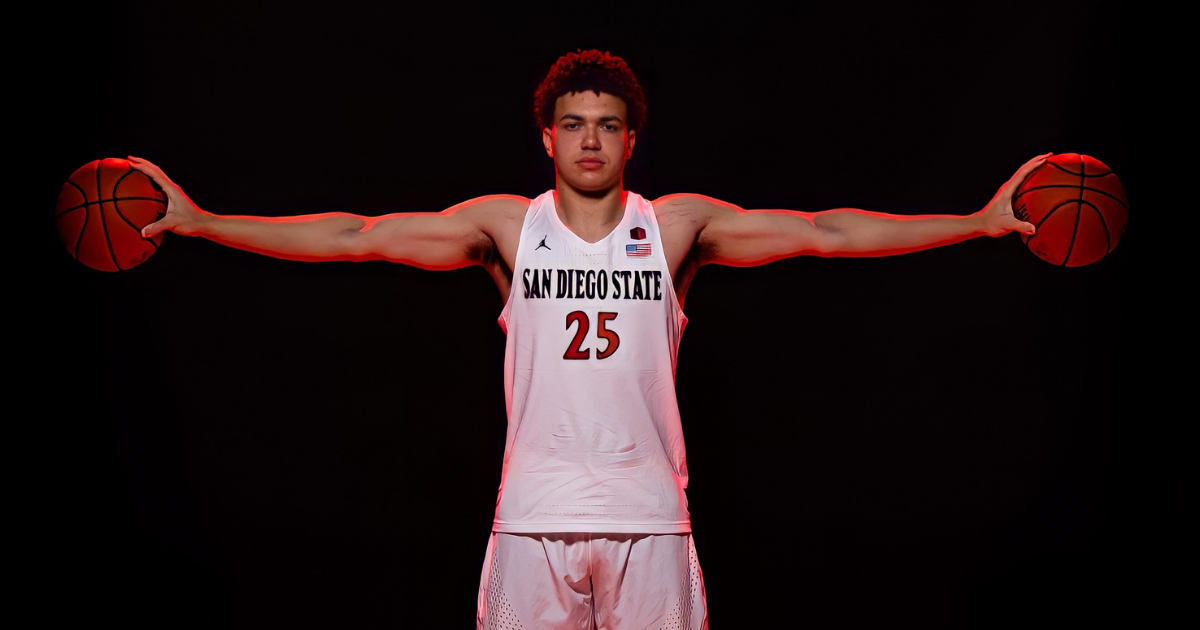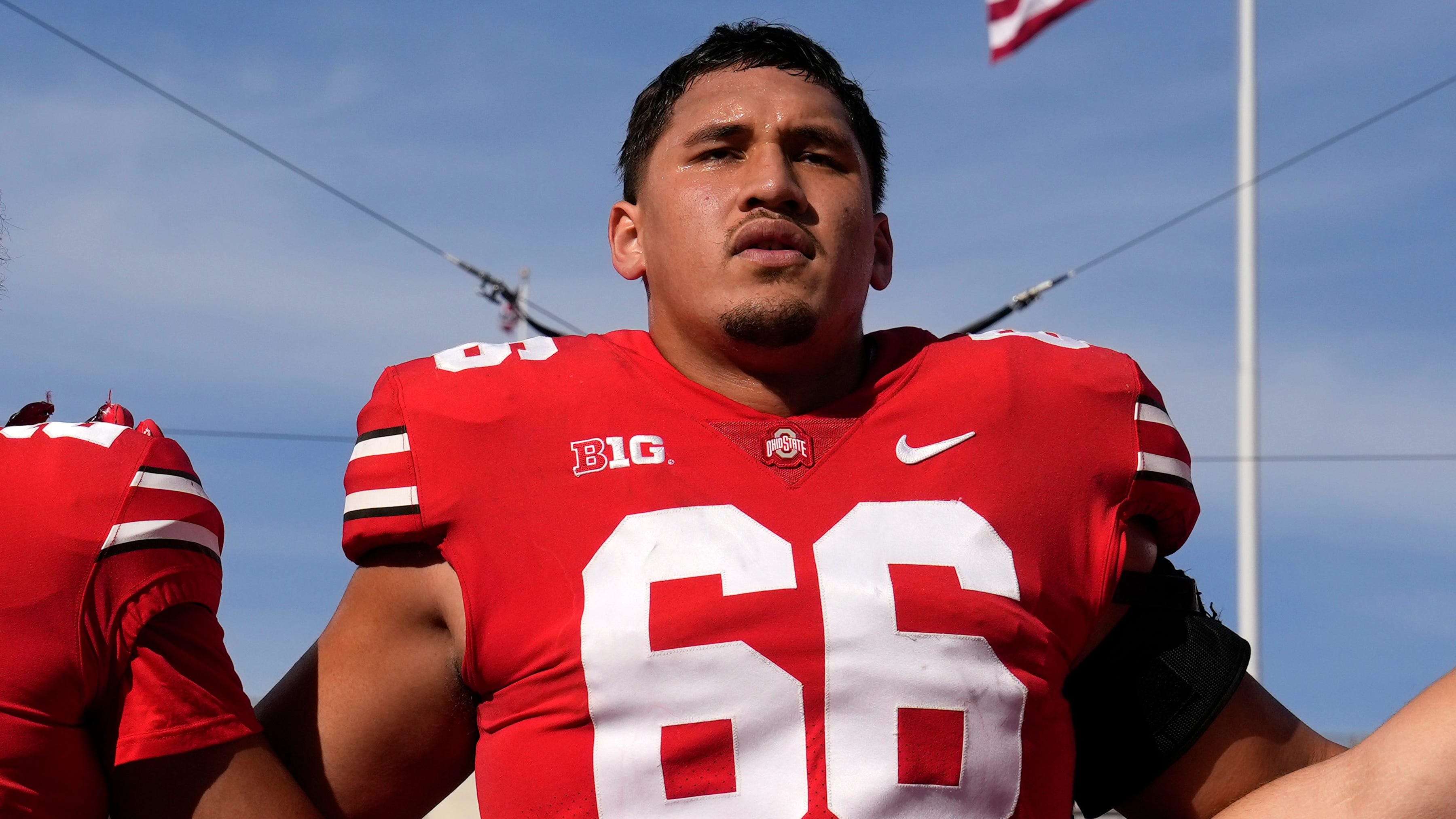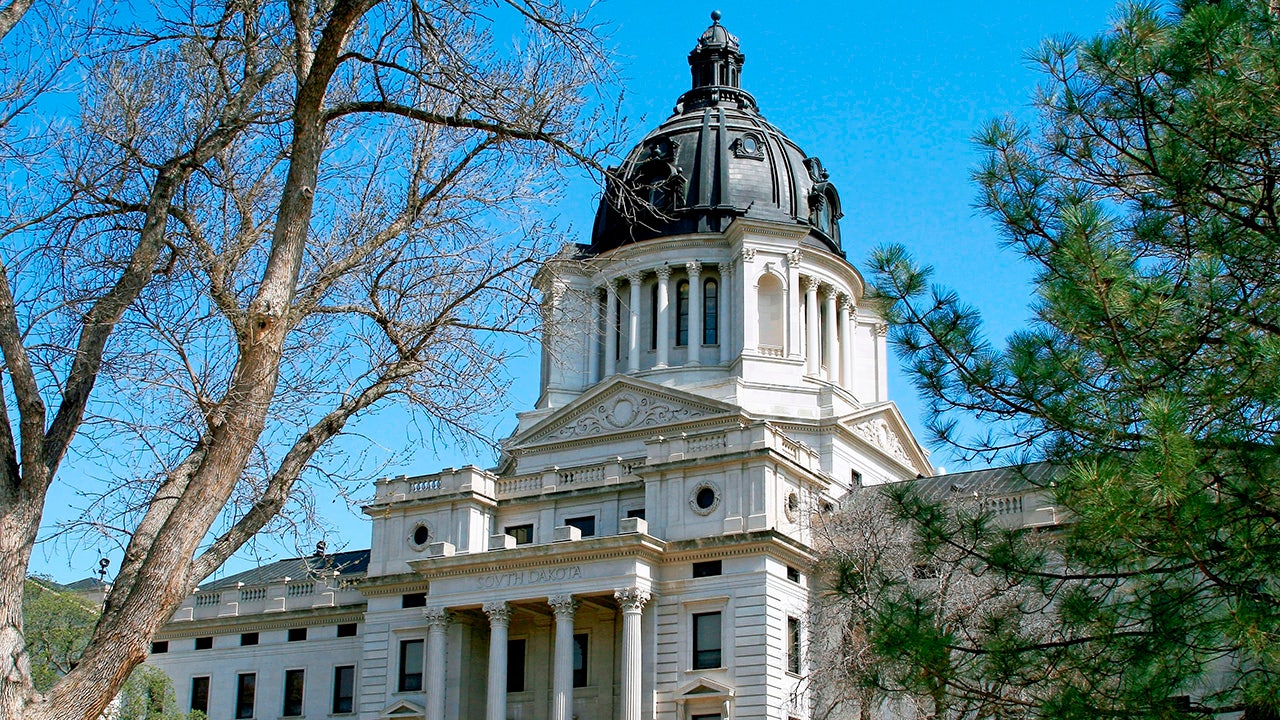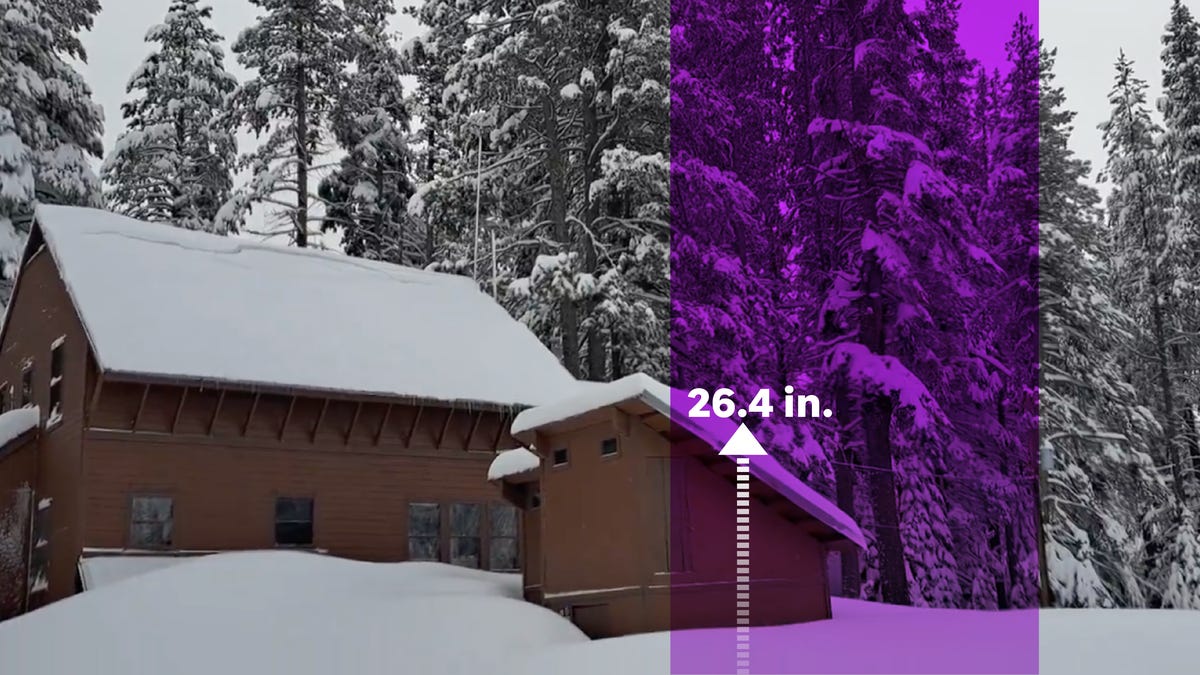North Carolina
North Carolina Track And Field Stars Win At Penn Relays Year After Wreck – FloTrack
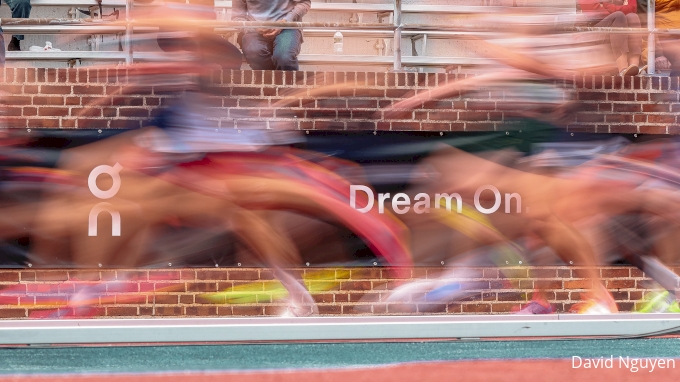
North Carolina track and field teammates Will Coogan and Patrick Anderson, a little more than a year after a near-fatal car accident, made headlines with their performances Thursday in the College Men’s 5,000-Meter Championship at the 2024 Penn Relays.
The teammates finished first (13:52.60) and third (13:53.86), respectively, in the opening heat of the three-heat event at the historic Franklin Field in Philadelphia and went on to finish in those spots once the nearly 70 athletes had crossed the finish line.
Coogan and Anderson were two of five team members traveling to practice together, when the vehicle crashed and flipped, before coming to rest in a ditch. Both were seriously injured, with Anderson nearing dying from his injuries, which included shattering the bones in his face.
The lengthy recovery and rehabilitation process meant Coogan and Anderson both had to miss the cross country season in the fall, but they both showed Thursday night how far they’ve come.
It was a huge statement at one of the world’s oldest and largest meets and a great gauge of their progress with the 2024 ACC Outdoor Championships just a couple weeks away.
The 2024 Penn Relays is the 128th edition of the event, which first was held in 1895. It now welcomes more than 15,000 athletes of all ages and skill levels (high school, college, Special Olympics, professional/elite and Masters).
Watch Will Coogan Win College Men’s 5000M Championship At 2024 Penn Relays
61 seconds over the final 400 meters for Will Coogan!@UNCTrack_Field‘s Coogan put a gap on the field to win the collegiate men’s 5,000m in 13:52.60.#PennRelays | @pennrelays pic.twitter.com/iJA7dNMggz
— FloTrack (@FloTrack) April 26, 2024
College Men’s 5000m Championship Results
- Will Coogan (North Carolina) – 13:52.60
- Hunter Christopher (Youngstown State) – 13:53.37
- Patrick Anderson (North Carolina) – 13:53.86
- Travis Martin (UConn) – 13:55.22
- Micah Wilson (Wisconsin) – 13:55.87
- David Vorbach (N.C. State) – 13:56.04
- Samuel Whittaker (Central Connecticut) – 13:58.24
- Taonga Mbambo (La Salle) – 13:59.56
- Alec Sauter (UConn) – 14:03.89
- Jack Gregorski (Princeton) – 14:04.69
How To Watch The 2024 Penn Relays
The 2024 Penn Relays is streaming in the United States on FloTrack and the FloSports app. Meet replays, highlights and breaking news will be on both platforms.
FloTrack Is The Streaming Home For Many Track And Field Meets Each Year
Don’t miss all the track and field season action streaming on FloTrack. Check out the FloTrack schedule for more events.
Get More Penn Relays News At MileSplit
Don’t miss any high school track and field coverage at the Penn Relays and throughout the season from our partners at MileSplit.
FloTrack Archived Footage
Video footage from each event will be archived and stored in a video library for FloTrack subscribers to watch for the duration of their subscriptions.
Join The Track & Field Conversation On Social

North Carolina
5 years after a federal lawsuit, North Carolina voter ID trial is set to begin
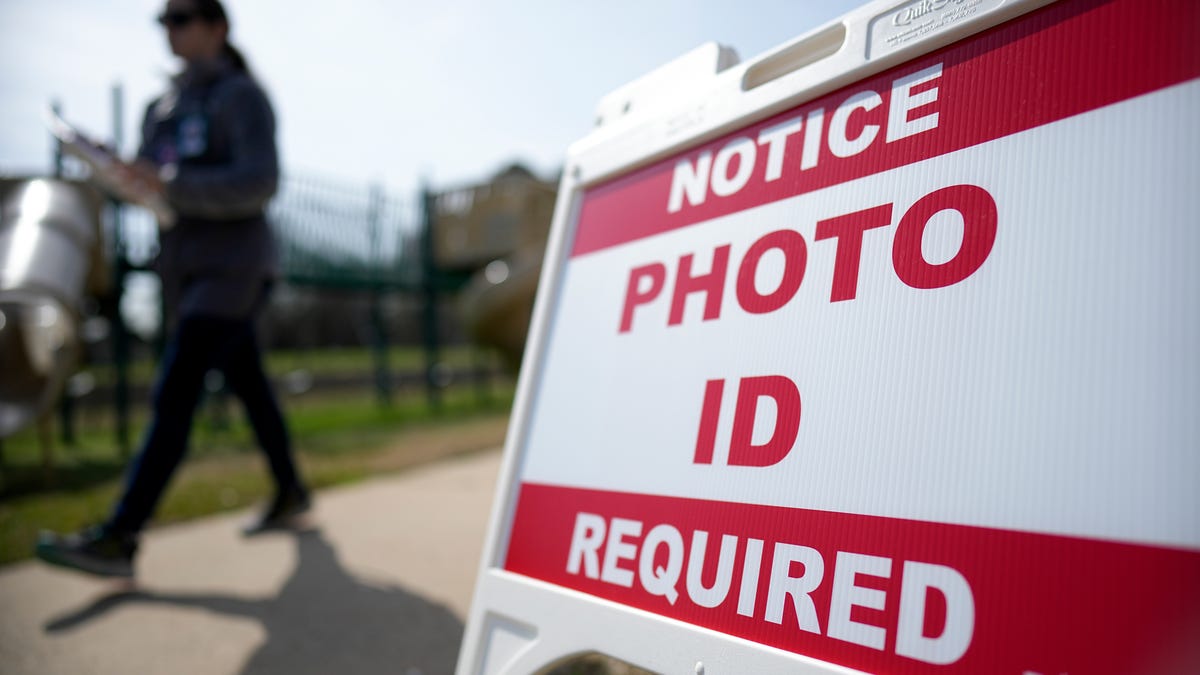
Raleigh, N.C. — A federal lawsuit challenging North Carolina’s photo voter identification law is set to go to trial Monday, with arguments expected to focus on whether the requirement unlawfully discriminates against Black and Hispanic citizens or serves legitimate state interests to boost public confidence in elections.
The non-jury trial in Winston-Salem begins more than five years after the state NAACP and several local chapters sued over the voter ID law enacted by the Republican-dominated General Assembly in late 2018.
This litigation, along with similar lawsuits in state courts, delayed implementation of the requirement until last year’s municipal elections. The 1.8 million voters who cast ballots in the March primaries also had to comply. State election data showed fewer than 500 provisional ballots cast because of ID-related issues in the primary ultimately didn’t count.
The November general election — with races for president, governor and other statewide seats — could see turnout three times greater than the primary. And the nation’s ninth-largest state is a presidential battleground where statewide races are often close.
A favorable NAACP ruling from U.S. District Judge Loretta Biggs could block the requirement in the fall. The trial is expected to last several days, with Biggs already signaling in a document that she won’t immediately rule from the bench.
The NAACP lawyers contend the voter ID requirement, along with two other voting-related provisions in the 2018 law, violate the U.S. Constitution and the Voting Rights Act in part because lawmakers enacted them with discriminatory intent.
In a pretrial brief, attorneys for the state and local chapters of the civil rights group cite data showing Black and Latino voters are more than twice as likely to lack a qualifying ID with a photo than white voters. They plan to bring in witnesses who will say they encountered voting problems in the March primary.
“Absent relief, thousands of North Carolinians will similarly have their right to vote unconstitutionally abridged,” the NAACP lawyers wrote. They also said evidence will show North Carolina lawmakers rushed through the legislation — mere weeks after voters approved a constitutional amendment mandating photo ID — without considering its impact on minority voters.
Attorneys representing Republican legislative leaders and State Board of Elections members defending the law in court said in briefs that the rules impose only a minimal burden on voters.
They point out that the law greatly expanded the number of qualifying IDs compared with what was approved in a 2013 voter ID law that federal judges struck down as discriminatory. Free IDs are provided by county election and Division of Motor Vehicles offices, and people lacking photo ID at the polls should have their votes count if they fill out an exception form or bring in their ID to election officials before the final tallies.
“The General Assembly enacted (the law) after the People of North Carolina mandated the legislature to create a voter ID law. The bipartisan legislation did not have a discriminatory intent, and Plaintiffs cannot overcome the presumption of legislative good faith,” lawyers for House Speaker Tim Moore and Senate leader Phil Berger wrote in a brief. Preventing voter fraud is also a legitimate state interest for the law, the attorneys wrote. Nationwide, however, voter identity fraud is rare.
Biggs, who was nominated to court by President Barack Obama, already has ruled frequently in this case.
In late 2019 she issued a preliminary injunction blocking enforcement of the law, saying it was tainted because the 2013 law had been struck down on similar grounds of racial bias. But the 4th U.S. Circuit Court of Appeals reversed her decision, writing that she had put too much emphasis on the past conduct of the General Assembly when evaluating the 2018 law. When Biggs declined to allow Berger and Moore to join the lawsuit as defendants, they appealed, and the U.S. Supreme Court ultimately sided with them in 2022.
Biggs opened the door for a trial when the state Supreme Court determined the photo ID law comported with the state constitution.
Thirty-six states have laws requesting or requiring identification at the polls, 21 of which seek photo ID, according to the National Conference of State Legislatures.
North Carolina
10 things to know about tourism along North Carolina’s coast
Whether you’re looking for sandy beaches or cool mountain streams, North Carolina’s got it. That’s why the state has become a popular destination for those in the eastern United States.
Each year, Visit North Carolina, the unit of the Economic Development Partnership of North Carolina focused on travel and tourism, examines the data to determine just how much visitors contribute to the state and local economies. While the county breakdowns from 2023 won’t be released until later this year, here’s a look at data from 2022.
Summer bucket list: 24 things to do in 2024 in the Wilmington area
6th
The state’s rank among U.S. states for domestic visitation.
7th
New Hanover County’s rank in visitor spending among North Carolina’s 100 counties.
11.2 million
The number of visitors who traveled to the state’s coastal region.
80%
The number of those visitors who stayed overnight.
Summer
The most popular time for travelers to visit the coast.
2.9
Average party size for coastal visitors.
40%
The percentage of travel parties that included children under 18.
$1,341
The average expenditure for parties traveling to the coastal region in 2022.
Where did visitors travel from?
The top states of origin for overnight visitors to the coastal region in 2022 were: North Carolina, Virginia, Pennsylvania, South Carolina, Maryland, New York, New Jersey and Georgia.
45%
The percentage of coastal region visitors in 2022 who were in-state residents.
Data Source: 2022 North Carolina Regional Visitor Profile, a publication of Visit North Carolina, a unit of the Economic Development Partnership of North Carolina. Research staff of Visit North Carolina created this report based on data from TravelTrakAmerica.
North Carolina
5 years after federal suit, North Carolina voter ID trial set to begin

RALEIGH, N.C. — A federal lawsuit challenging North Carolina’s photo voter identification law is set to go to trial Monday, with arguments expected to focus on whether the requirement unlawfully discriminates against Black and Hispanic citizens or serves legitimate state interests to boost public confidence in elections.
The non-jury trial in Winston-Salem begins more than five years after the state NAACP and several local chapters sued over the voter ID law enacted by the Republican-dominated General Assembly in late 2018.
This litigation, along with similar lawsuits in state courts, delayed implementation of the requirement until last year’s municipal elections. The 1.8 million voters who cast ballots in the March primaries also had to comply. State election data showed fewer than 500 provisional ballots cast because of ID-related issues in the primary ultimately didn’t count.
The November general election — with races for president, governor and other statewide seats — could see turnout three times greater than the primary. And the nation’s ninth-largest state is a presidential battleground where statewide races are often close.
A favorable NAACP ruling from U.S. District Judge Loretta Biggs could block the requirement in the fall. The trial is expected to last several days, with Biggs already signaling in a document that she won’t immediately rule from the bench.
The NAACP lawyers contend the voter ID requirement, along with two other voting-related provisions in the 2018 law, violate the U.S. Constitution and the Voting Rights Act in part because lawmakers enacted them with discriminatory intent.
In a pretrial brief, attorneys for the state and local chapters of the civil rights group cite data showing Black and Latino voters are more than twice as likely to lack a qualifying ID with a photo than white voters. They plan to bring in witnesses who will say they encountered voting problems in the March primary.
Brandon Rivers works to sign up voters at The Roof Above, Aug. 4, 2023, in Charlotte, N.C. A federal lawsuit challenging North Carolina’s photo voter identification law goes to trial Monday, May 6, 2024, with expected arguments focusing on whether the requirement unlawfully discriminates against Black and Hispanic citizens or serves legitimate state interests to boost public confidence in elections. Credit: AP/Chris Carlson
“Absent relief, thousands of North Carolinians will similarly have their right to vote unconstitutionally abridged,” the NAACP lawyers wrote. They also said evidence will show North Carolina lawmakers rushed through the legislation — mere weeks after voters approved a constitutional amendment mandating photo ID — without considering its impact on minority voters.
Attorneys representing Republican legislative leaders and State Board of Elections members defending the law in court said in briefs that the rules impose only a minimal burden on voters.
They point out that the law greatly expanded the number of qualifying IDs compared with what was approved in a 2013 voter ID law that federal judges struck down as discriminatory. Free IDs are provided by county election and Division of Motor Vehicles offices, and people lacking photo ID at the polls should have their votes count if they fill out an exception form or bring in their ID to election officials before the final tallies.
“The General Assembly enacted (the law) after the People of North Carolina mandated the legislature to create a voter ID law. The bipartisan legislation did not have a discriminatory intent, and Plaintiffs cannot overcome the presumption of legislative good faith,” lawyers for House Speaker Tim Moore and Senate leader Phil Berger wrote in a brief. Preventing voter fraud is also a legitimate state interest for the law, the attorneys wrote. Nationwide, however, voter identity fraud is rare.
Biggs, who was nominated to court by President Barack Obama, already has ruled frequently in this case.
In late 2019 she issued a preliminary injunction blocking enforcement of the law, saying it was tainted because the 2013 law had been struck down on similar grounds of racial bias. But the 4th U.S. Circuit Court of Appeals reversed her decision, writing that she had put too much emphasis on the past conduct of the General Assembly when evaluating the 2018 law. When Biggs declined to allow Berger and Moore to join the lawsuit as defendants, they appealed, and the U.S. Supreme Court ultimately sided with them in 2022.
Biggs opened the door for a trial when the state Supreme Court determined the photo ID law comported with the state constitution.
Thirty-six states have laws requesting or requiring identification at the polls, 21 of which seek photo ID, according to the National Conference of State Legislatures.
-

 News1 week ago
News1 week agoBoth sides prepare as Florida's six-week abortion ban is set to take effect Wednesday
-

 Politics1 week ago
Politics1 week agoColumbia University’s policy-making senate votes for resolution calling to investigate school’s leadership
-

 Politics1 week ago
Politics1 week agoGOP Rep. Bill Posey won't seek re-election, endorses former Florida Senate President as replacement
-

 World1 week ago
World1 week agoBrussels, my love? MEPs check out of Strasbourg after 5 eventful years
-

 World1 week ago
World1 week agoRussian forces gained partial control of Donetsk's Ocheretyne town
-

 Politics1 week ago
Politics1 week agoHouse Republicans brace for spring legislative sprint with one less GOP vote
-

 World1 week ago
World1 week agoAt least four dead in US after dozens of tornadoes rip through Oklahoma
-

 Politics1 week ago
Politics1 week agoAnti-Trump DA's no-show at debate leaves challenger facing off against empty podium

